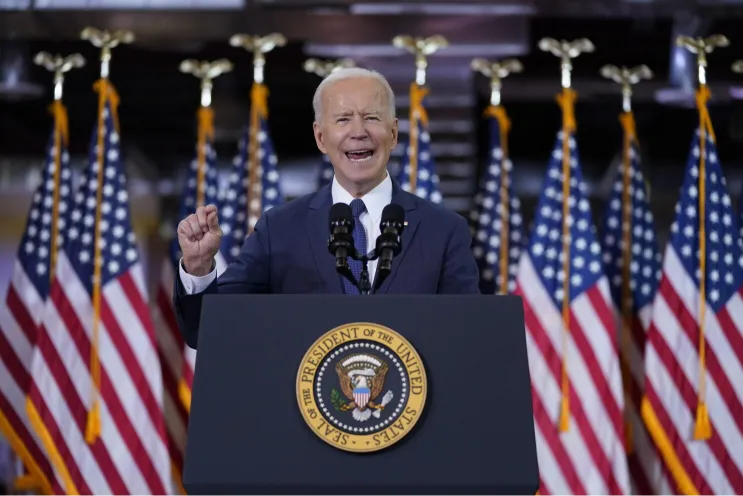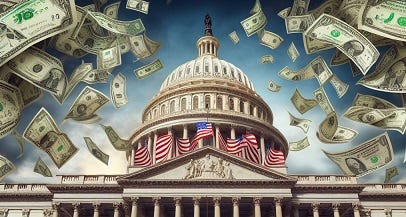

The global financial landscape is experiencing notable shifts due to recent investment policies introduced by the United States. These policies, aimed at strengthening domestic industries and safeguarding national security, have significant effects on international markets.
Key Policy Changes and Their ImpactsForeign Investment Restrictions The U.S. has tightened regulations on foreign direct investments (FDI), particularly in technology and critical infrastructure sectors. This move affects countries reliant on American capital and expertise.
Tariffs and Trade Agreements New tariffs on imports and renegotiated trade agreements impact supply chains and global trade flows. Businesses worldwide are adjusting to higher costs and shifting supply chain strategies.
Tax and Financial Reforms Corporate tax changes and financial regulations influence multinational corporations, affecting their investment decisions and offshore operations.
Green Energy and Technology Investments Increased focus on sustainable energy and technology reshapes market dynamics, presenting opportunities for investors in renewable energy and AI-driven industries.
Sanctions and Geopolitical Influence Economic sanctions on certain countries disrupt international trade and investment partnerships, influencing global financial stability.
Stock Markets: Volatility has increased as investors assess risks and opportunities.
Currency Fluctuations: Exchange rates shift as capital flows respond to policy changes.
Investment Trends: Countries are diversifying investment sources to mitigate risks from U.S. policies
Swipe. Select. Stay informed.


Recent corporate tax reforms in the U.S. are reshaping business strategies, investment decisions, and economic growth. Companies are adapting to changes in tax rates, deductions, and compliance requirements, influencing the broader economy
As inflation remains a key challenge in 2025, U.S. businesses are adapting their strategies to manage rising costs. From increasing operational efficiency to adjusting pricing models, companies are taking proactive steps to remain competitive while protecting their margins
Despite ongoing economic challenges, tech companies continue to lead the investment scene. Investors are drawn to the innovation, scalability, and long-term growth potential that the sector offers, positioning it as a top choice even during periods of economic uncertainty
Despite economic challenges, mergers and acquisitions (M&As) in the U.S. business sector have surged. Companies are leveraging strategic deals to enhance market presence, expand operations, and drive growth in a volatile economic landscape



U.S. Investment Policies and Economic Growth

U.S. Investment Policies and Global Impact

How U.S. Government Policies Influence Investment Approaches

A Guide to Understanding U.S. Investment Policies for Business Growth